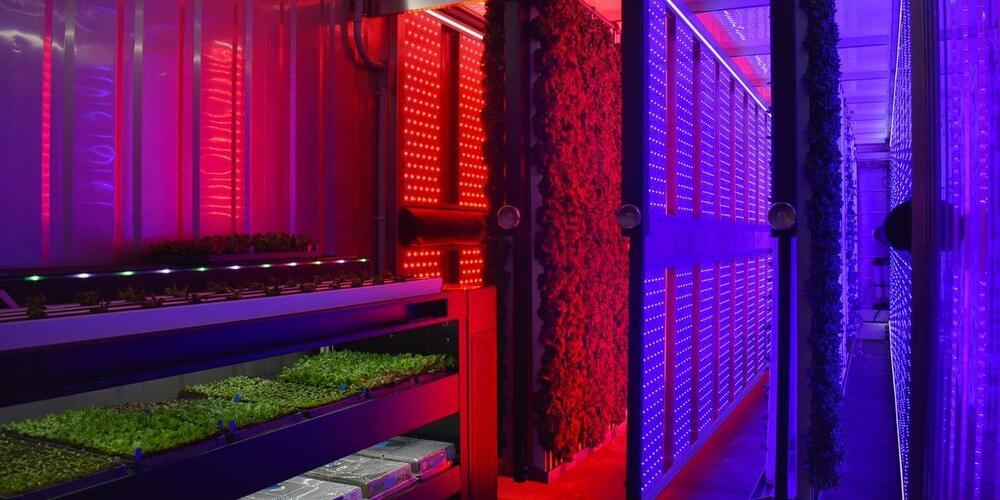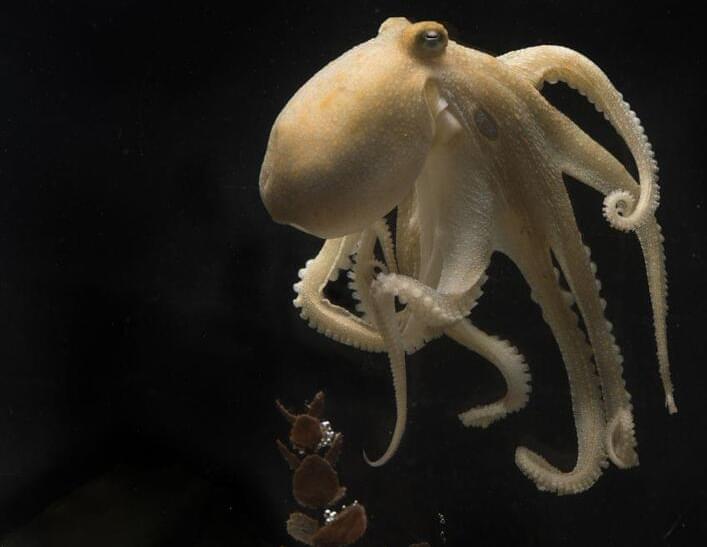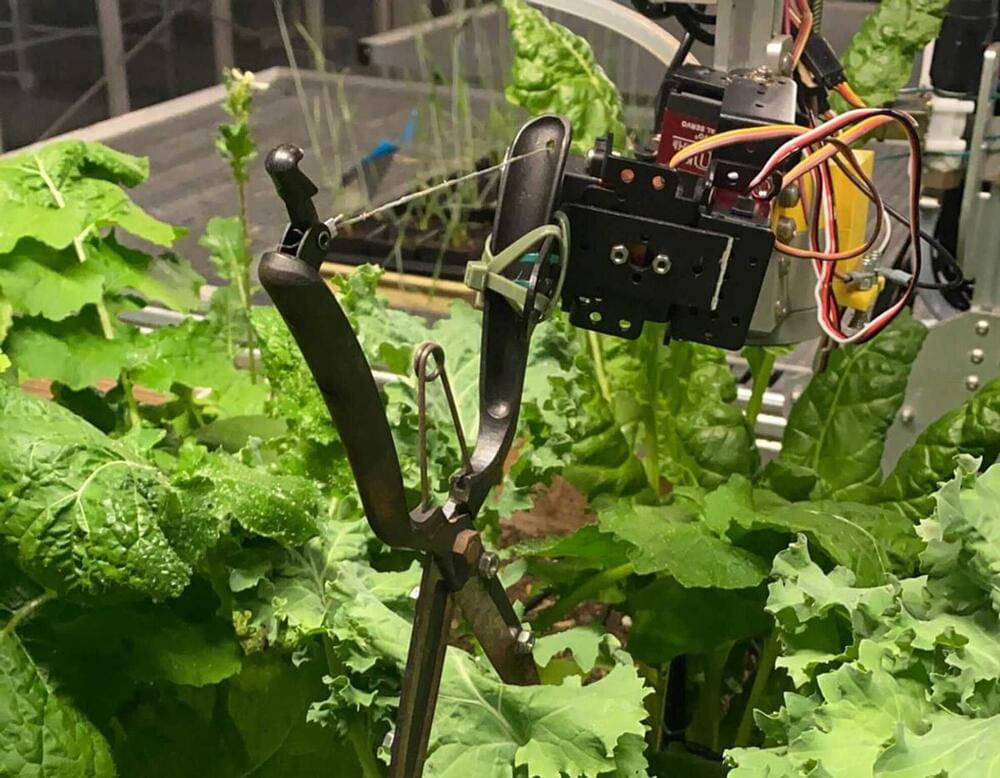See the shocking reasons why near-space balloons are a perfect platform for a cheap effective hard to detect, hard to defeat asymmetric warfare means to deliver a stunning devastating EMP attack on the US mainland.
Inspire your kids to love science!
SAVE 20% OFF New Science Kits Using Code: NEWKITSSAVE20 At Steve Spangler Science dot com! Great Educational Products For Kids! SHOP NOW! https://www.pntra.com/t/SENKTExNSUhDR05OSUxJQ0dPRkxGRw.
Save 1% on GoldBacks from Green Greg’s affiliate link (Use coupon code GreenGregs):
For gardening in your Lunar or Mars habitat GalacticGregs has teamed up with True Leaf Market to bring you a great selection of seed for your planting. Check it out: http://www.pntrac.com/t/TUJGRklGSkJGTU1IS0hCRkpIRk1K
Awesome deals for long term food supplies for those long missions to deep space (or prepping in case your spaceship crashes: See the Special Deals at My Patriot Supply: www.PrepWithGreg.com.
For that off-grid asteroid homestead stock up with Lemans before you blast off:





